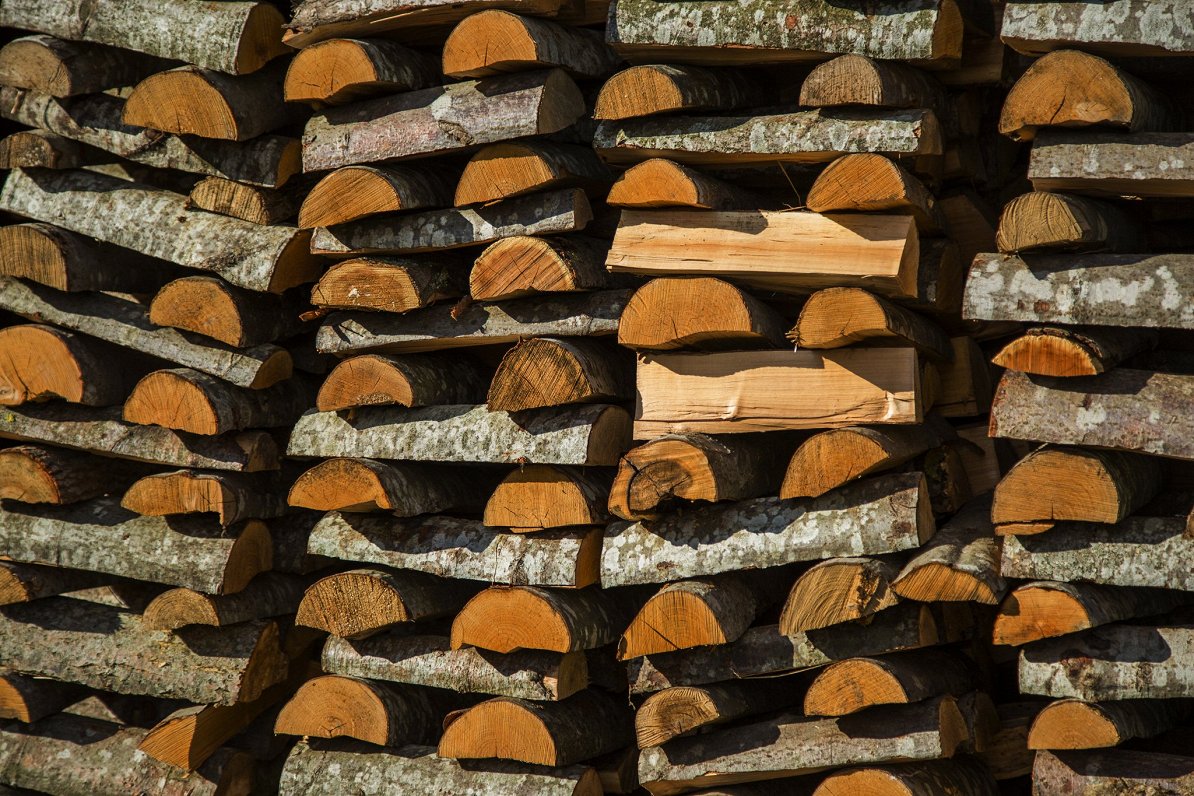There is currently a shortage of wood and especially pellets in Europe. At least for now, wood prices aren't expected to return to pre-war levels when it was lower, according to forecasts by the forest auction platform, E-silva experts. Chief Executive Gints Šnikers said that we are in the middle of a problem situation.
"The industry is at a very difficult point. Raw material, wood, is lacking. The price for the forest has climbed, but the price for the felling area is not growing as fast, as this developer is still in the middle. There have been very rapid changes over a short period of time. The industry cannot adapt so quickly to the current, new situation. There are no working hands, there is no one who saws it, collects it, drives it away," Šnikers said.
The rising prices are driven mainly by Russian aggression in Ukraine and a lack of wood in Europe. Forest auctioneer Šnikers estimated that in the near future both the prices for wood and paper wood would grow by 5% each month. “For the time being, [prices] will only grow, because one is the increase in the price of this wood, the other is energy, labor, supply, fuel […]. As a result, the price increase for the final consumer is even more tangible and painful,” the expert said.
High wood prices have energized private foresters rushing to sell wood. This is why the workers have moved from public forests to private ones, said Artūrs Bukonts, executive director of the Latvian Association of Independent Forestry Workers.
“The second part of the story is the wood market that has turned upside down, where the low-value wood or wood for energy starts to exceed and reach the price of the high-value wood. In many cases, the owners go in the woods not for logs and sawlogs but for the firewood [..],” said Bukonts.
Industry experts estimated that in the general conditions of price increases and uncertainty, warehouses in Europe were full of finished wood products, so their prices are falling sharply. It was also confirmed by Kristaps Klauss, executive director of the Latvian Forest Industry Federation. He estimated that a recession was expected in the sector. "Will it have a very significant impact on our competitiveness in the medium or long term? I will say boldly that no. We have good enough reserves so we don't have questions about existential threats. But the fact that the reserves previously accumulated during these winter months or the money saved for investment will be directed to simply survive, it will be a reality for most or many companies."



























